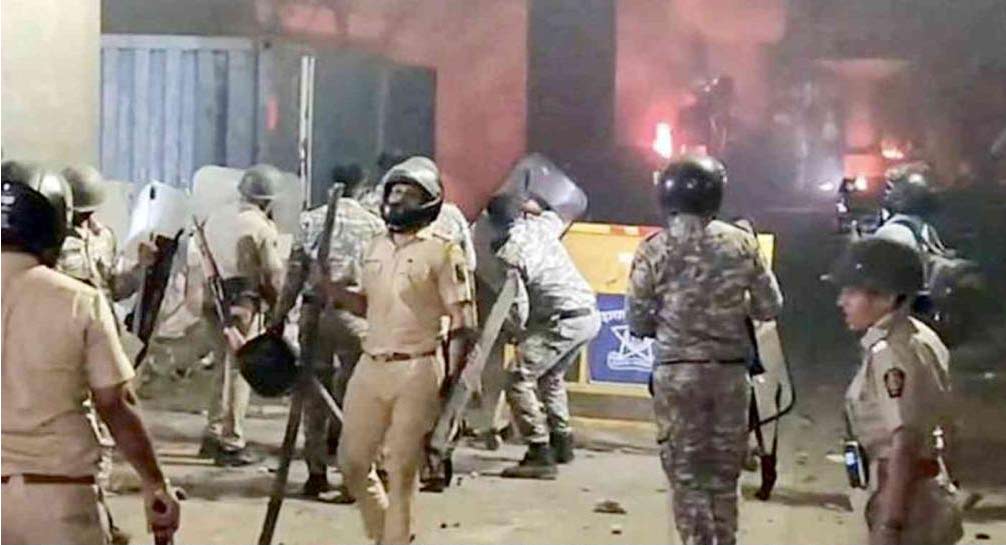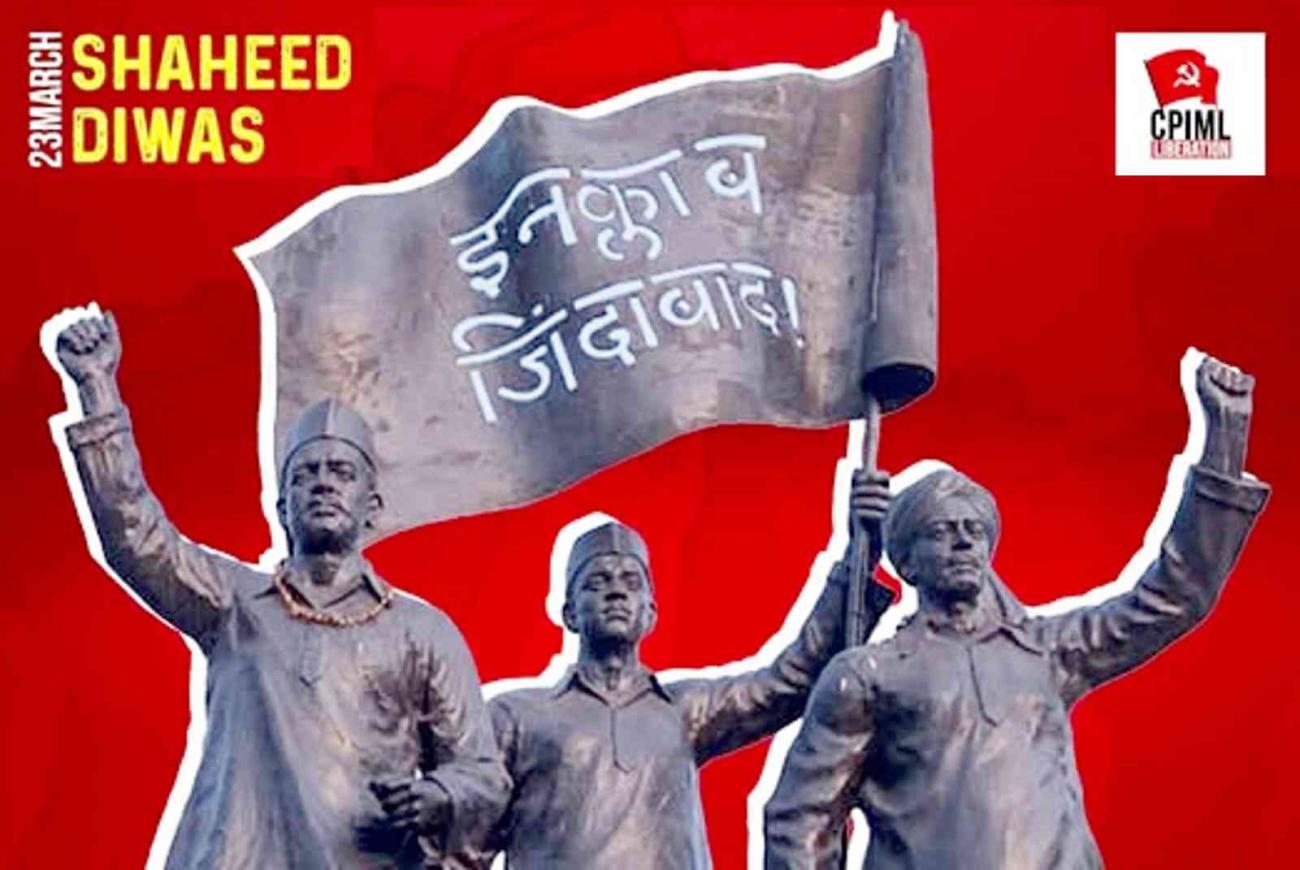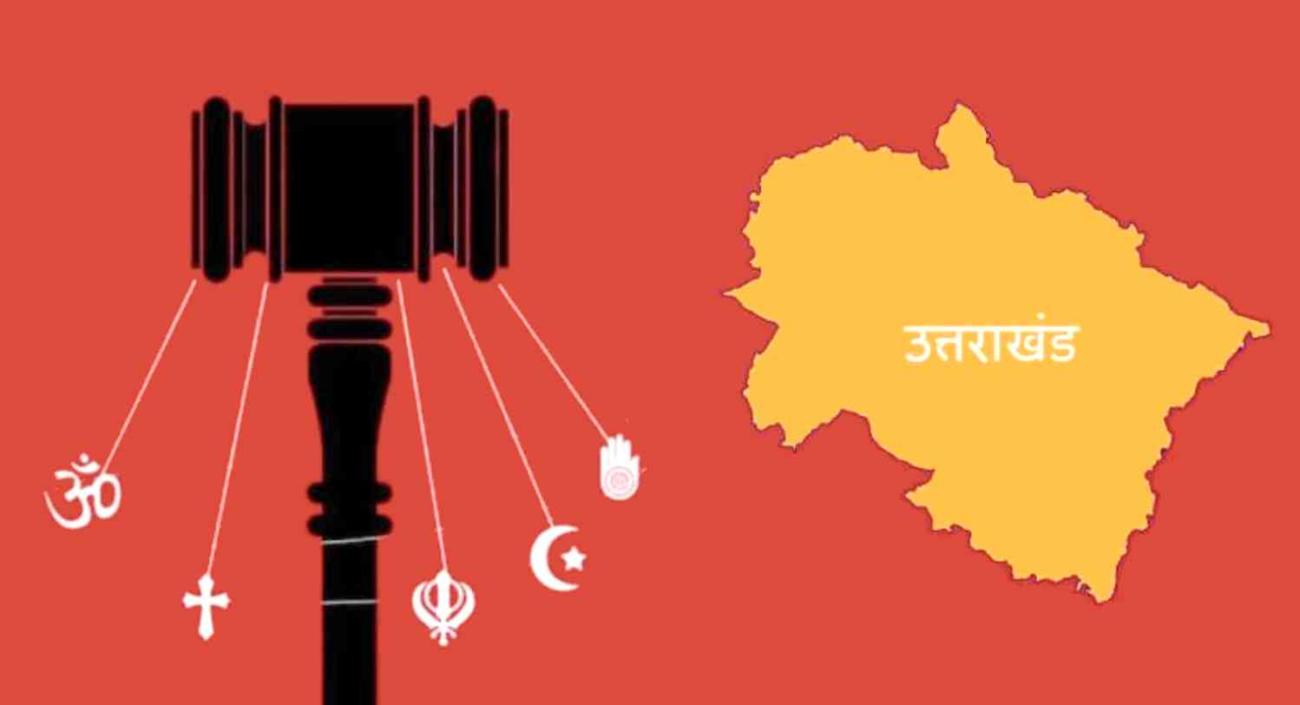Excerpts from Committees Report are below)
The enquiry has concluded that the six cases before this commission were not cases of genuine encounters. It would appear that the security forces believed a priori that the suspects involved in the encounters had to be eliminated and the forces acted accordingly.
In the light of the enquiries made by it, this Commission would categorically like to state that the CDOs and Assam Rifles personnel have been transgressing the legal bounds for their counter-insurgency operations in the State of Manipur.
During the enquiry...it is found that the important conditions laid down by the Honble Supreme Court (in the Naga Peoples Movement for Human Rights judgement in which the SC had upheld the validity of AFSPA based on certain stringent conditions ed/) and the Dos and Donts issued by the Army Hqrs have remained largely on paper only. They are mostly followed in violation.
For example one of the guidelines... prescribes only the minimum force to be used for effective action....On the contrary the maximum force is visible in all six cases. ...
Though Section 176 CrPC contemplates Magisterial Enquiry into all cases of death in police custody or police action, in the cases before this Commission, Magisterial Enquiries were ordered after a lapse of a couple of years. Same is true of the judicial enquiries in two cases.
Senior officers of AR of the rank of Major deposed before this Commission that they were just generally aware� of the Dos and Donts issued by Army Headquarters. In fact, some of them appeared surprised when some of the guidelines were read out to them. The CDOs and AR personnel did not appear to have any idea about the guidelines laid down in the NPMHR judgement.
Though (AFSPA) gives sweeping powers to the security forces even to the extent of killing a suspect with protection against prosecution, the Act does not provide any protection to the citizens against possible misuse of these extraordinary powers. Despite repeated questions posed by the Commission, we have not been informed of any monitoring system to review the use/abuse/misuse of these powers by the Security Forces as claimed by the Central Government in their affidavit before the Supreme Court...
Normally, the greater the power, the greater the restraint and stricter the mechanism to prevent its misuse or abuse. But here in the case of AFSPA in Manipur, this principle appears to have been reversed.
The Commission has been told that no action has been taken in the last five years against any Assam Rifles personnel for violating Dos and Donts issued by Army Hqrs....66 complaints were received against AR personnel, and only 3 have been disposed of. It is not known what action was taken in those 3 cases....In the last 5 years, only in one case, the Manipur Govt sought permission to prosecute an AR officer for alleged abuse of powers under AFSPA. The permission was refused by the Central Government...in the last 5 years there have been 17 writ petitions (against AR)...10 of them pertaining to alleged custodial deaths, 4 for missing persons, and 1 is a case of torture. No information is available about action taken against CDOs on the above-mentioned grounds.
There is no doubt that insurgency in Manipur is a reality. But the continuous use of the AFSPA for decades in Manipur has evidently had little or no effect on the situation. On the other hand, the 6 cases, which have been shown to be not real encounters, are egregious examples of AFSPAs gross abuse.
The Jeevan Reddy Committee to Review the AFSPA ...found that AFSPA had become a symbol of oppression, an object of hate, and an instrument of discrimination and high-handedness.� The Commission has carefully gone through the said Report and is in respectful agreement with the same.�





